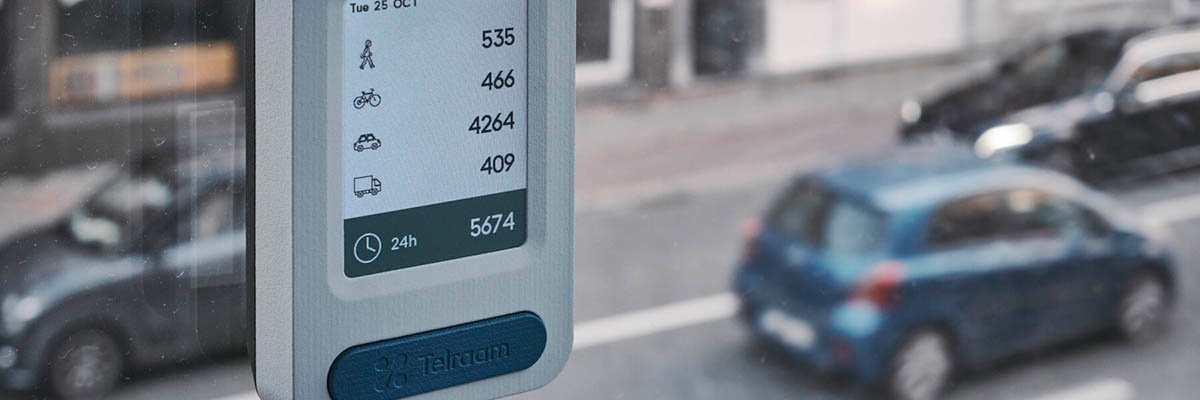
"Welcome to the WeCount Project on ChangeX. We're excited to empower as many communities as possible to become citizen scientists and gather and analyse the data needed to influence policy decisions in our local neighbourhoods on issues of sustainable mobility. Here you'll find all you need to get started!" - Francesco Pilla, WeCount Project Leader UCD

You'll need to dedicate a couple of hours to setting up the sensors and initial engagement with your local community. Ongoing monitoring of the data and working with your local community to advocate for policy change will require approximately 2 hours a week.
Scope out your project and build your team
The first step is to get a better understanding of traffic-related issues in your neighbourhood. You could do this in the following ways:
Start building your team & building support for the project within your local community - how?
You should team up with people in your local community to have at least 5-10 sensor and collect data for the most impacted roads in your area. Teaming up with a local school would be also important as children are the most affected by air pollution.
Community Building - why?
Order your sensors and decide their location
They need to be installed indoors at a window with a clear view of the road to be monitored. Here is some further info on the installation.
Install the sensors and start collecting data
The instructions on how to install and operate the traffic sensors, along with an helpdesk, are available here:
https://telraam.zendesk.com/hc/en-us/sections/360004041011-Telraam-installation
The instructions on how to install and operate the air quality sensors are available here:
https://docs.iscape.smartcitizen.me/Citizen%20Kit/
Begin to collect and analyse the data
We are currently developing new tools to allow local communities to analyse the data. We will post news about them and where to find them here, so stay tuned: https://twitter.com/DublinWecount
The tools will help you to present the data as evidence to enable your local community to advocate for some sustainable mobility in your area.
Use the data to begin taking action
The final goal will be to leverage the data and the data-analysis tools to put together a short policy proposal to be presented to the local authority as supporting evidence to ask for lower speed limits, traffic calming measures, protected bike lanes, School Zones, etc.